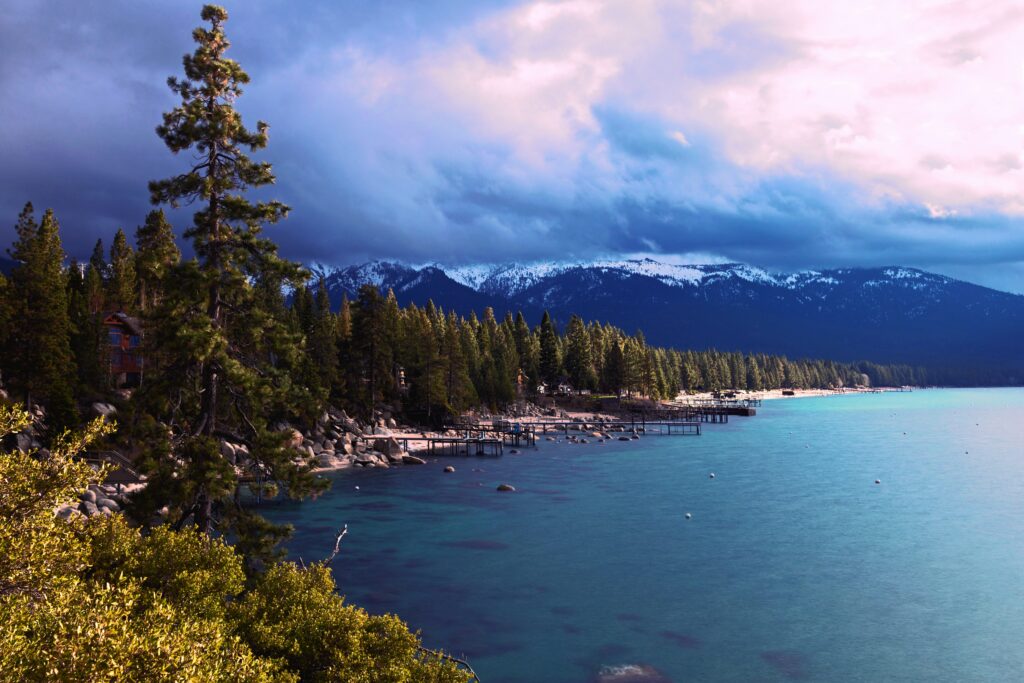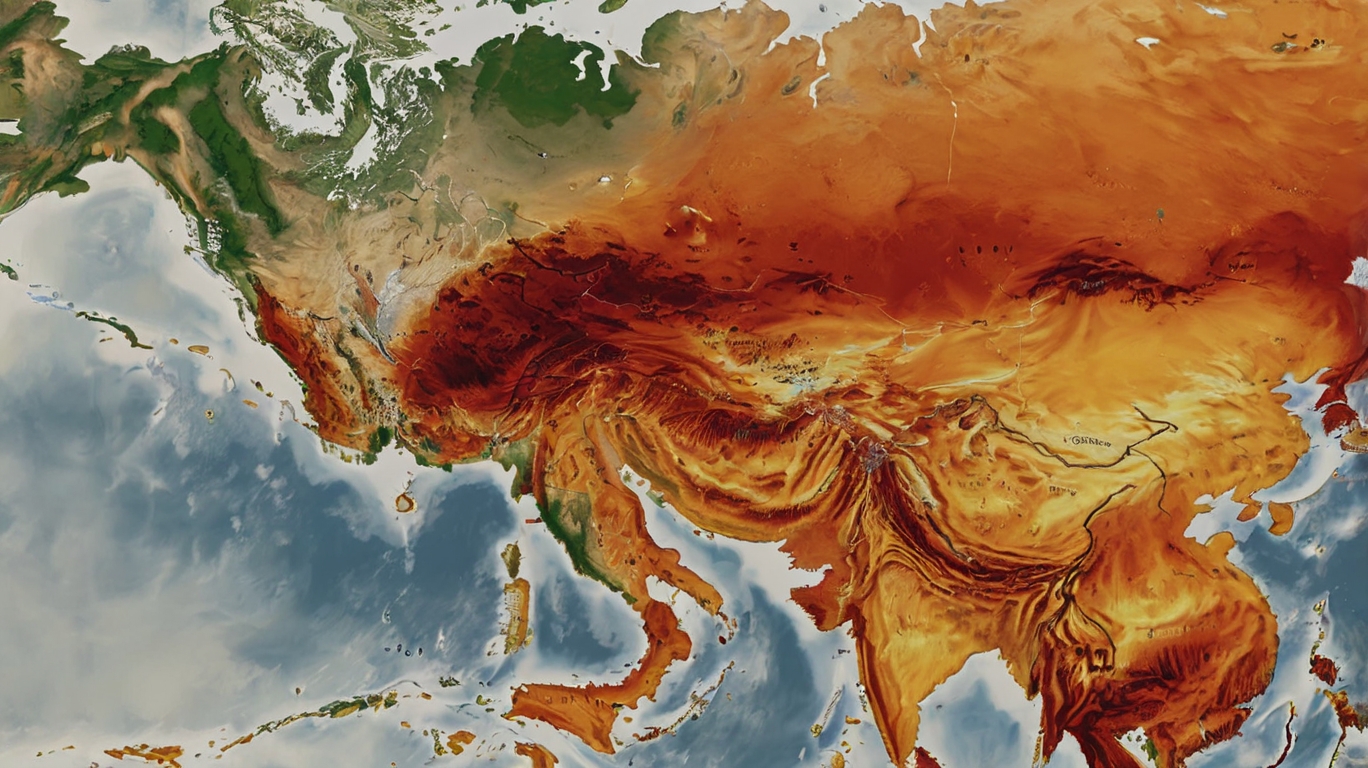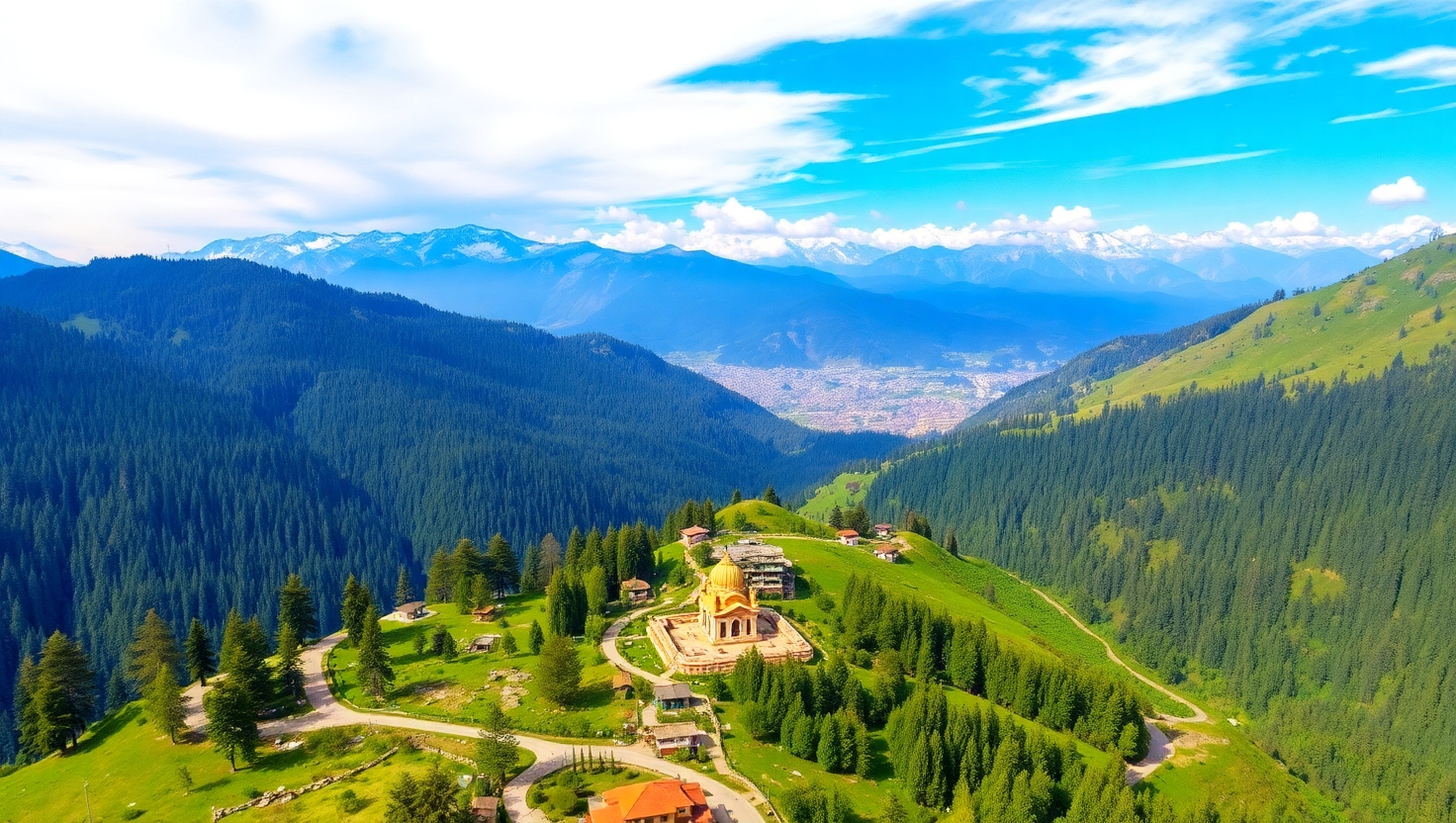Lake Tahoe – North America’s Iconic Alpine Lake
Exam Relevance: Geography | Environment | Places in News
Why In News: Lake Tahoe
A tragic boating accident occurred on Lake Tahoe, resulting in six deaths and two missing persons, bringing the lake into recent news.
About Lake Tahoe:
- Type: Freshwater lake
- Location: Sierra Nevada Mountains, straddling the states of California and Nevada, USA
- Elevation: 1,897 metres above sea level – highest alpine lake in the United States
- Length & Width:
- Length: 22 miles
- Width: 12 miles
- Shoreline: 75 miles
- Surface Area: 191 square miles
- Depth:
- Maximum depth: 1,645 feet (Second deepest lake in the US after Crater Lake, Oregon)
Volume & Water Flow:
- Volume: 150 km³ — largest by volume in the US after the Great Lakes
- Inflow: 63 streams feed the lake
- Outflow: Only one river — Truckee River, which drains into Pyramid Lake
- Note: Lake Tahoe’s water does not flow to the ocean, unlike most lakes in North America
Environmental Significance:
- Purity Level: One of the purest lakes in the world – 99.994% water purity
- Famous for its cobalt blue color, high clarity, and scenic alpine beauty
Economic & Touristic Importance:
- The lake and surrounding national forests are major tourist destinations in the US
- Attracts visitors year-round for activities like skiing, hiking, boating, and sightseeing
Prelims Power Shots:
- Lake Tahoe is located on the border of? → California and Nevada
- Deepest lake in the US? → Crater Lake (Lake Tahoe is second)
- Where does Lake Tahoe’s water drain? → Pyramid Lake via Truckee River
- Water purity of Lake Tahoe? → 99.994%











